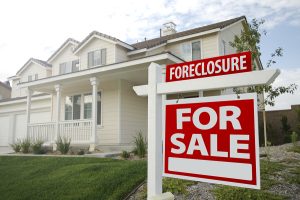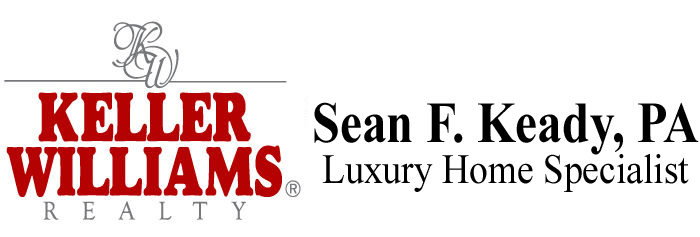
Foreclosure Properties in Florida
Foreclosure properties, often referred to as bank-owned or real estate-owned (REO) properties, are houses, condominiums, or other real estate assets that have been taken over by lenders due to the borrower’s failure to make mortgage payments. Foreclosure is a legal process that allows lenders to recover their outstanding loan balance by selling the property to new buyers. These properties can present unique opportunities and challenges for both buyers and sellers in the real estate market.
Foreclosure properties come into existence when homeowners default on their mortgage payments. The process typically begins with a period of delinquency, during which the borrower fails to make timely payments. If the delinquency continues for an extended period, the lender initiates foreclosure proceedings. This involves legal actions that ultimately lead to the property being auctioned or sold on the open market.
For buyers, foreclosure properties can offer potential advantages. First and foremost, these homes are often priced below their market value, providing an opportunity for significant cost savings. Investors, in particular, are drawn to these properties because they can buy them at a discounted price and potentially turn a profit through resale or rental income. However, purchasing a foreclosure property can be risky, as these homes are typically sold “as-is,” and there may be hidden issues or costly repairs required.
One of the main challenges for buyers is the competition. Foreclosure properties can attract multiple interested parties, resulting in bidding wars and driving the final sale price above the initial listing. Additionally, the purchase process can be more complex and time-consuming compared to regular real estate transactions.
For sellers, dealing with foreclosure properties can be a burden for financial institutions. Lenders are not in the business of owning properties, and they want to offload these assets as quickly as possible to minimize losses. To facilitate a faster sale, banks may offer financing incentives or work with real estate agents experienced in handling foreclosures.
From a community perspective, foreclosure properties can impact the overall housing market. A high number of foreclosures in an area can drive down property values for neighboring homes. It can also lead to abandoned properties, which may become eyesores and potential safety hazards. Local governments often work to address these issues through various initiatives to rehabilitate or repurpose these properties.
In conclusion, foreclosure properties are a significant aspect of the real estate market. They offer opportunities for buyers to find homes at reduced prices, while sellers and lenders seek to dispose of these assets efficiently. However, buying a foreclosure property requires careful consideration, due diligence, and understanding of the associated risks. As the market fluctuates, foreclosure properties will continue to play a role in shaping local housing markets and provide both challenges and opportunities for those involved in real estate transactions.
Regards,
Sean F. Keady
561-502-9113
